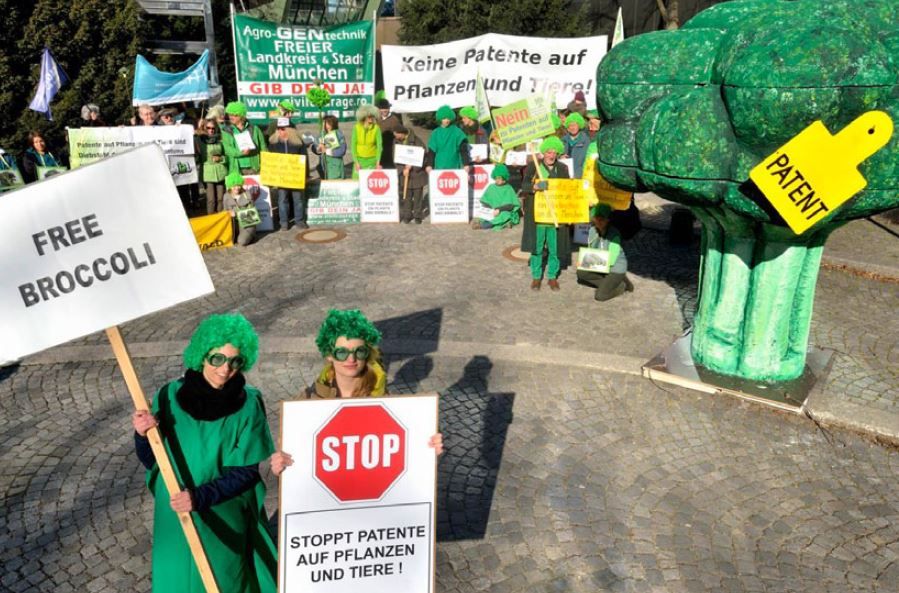New report: Patents on Plants and Animals
January 15, 2016

In this report, several cases of granted patents on conventional bred plants are presented. These included patents on peppers bred from wild varieties originating from Jamaica, tomatoes that were developed using the international gene bank in Germany, melons using resources from India and a selection of wild relatives of soybeans found in Asia and Australia. Analyses of EPO decision-making in recent years show that prohibitions established in patent law of patents on plant and animal varieties and essentially biological processes i.e. conventional methods of plant and animal breeding (Art 53 (b) of the European Patent Convention, EPC) have been systematically eroded.
European politicians have to act now! As a first step, Member States of the European Patent Office (EPO) should take initiative at the Administrative Council, which is the assembly representing the Member States of the EPO. It is the only institutional body that can change the current rules of patent law by amending the Implementing Regulation to the European Patent Convention. On the midterm, the European Patent law should be changed to exclude all breeding processes and breeding material, plants, animals, genetic resources, native traits and food derived thereof from patentability.

